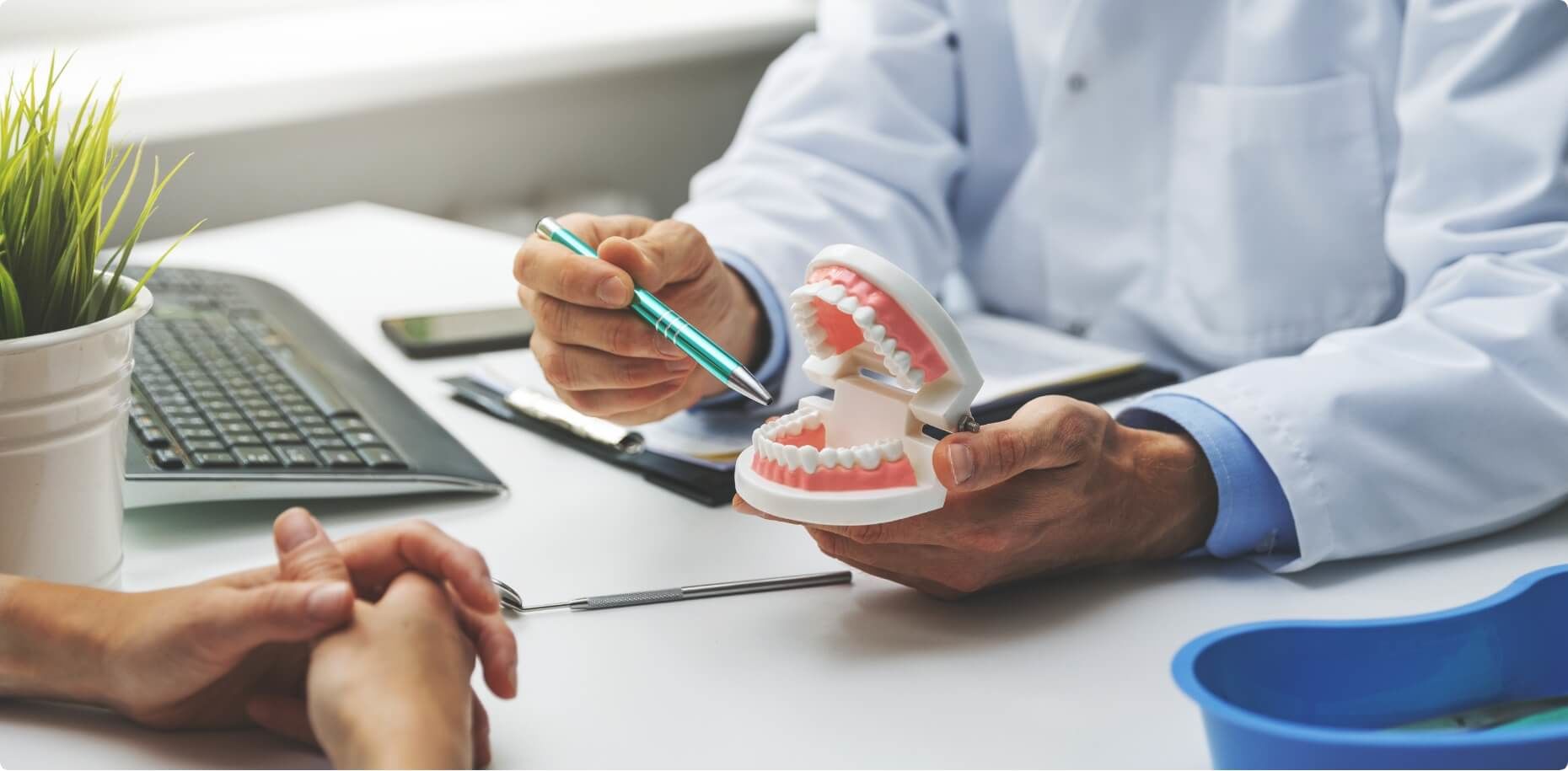From a young age, we’re told to brush and floss our teeth three times a day religiously. But do you actually know why?
Your dentist will tell you that most of the work keeping your mouth free from tooth decay and gum disease happens at home. Even forgetting to brush your teeth for a few days can lead unavoidably to gum disease onset.
Being a champion brusher and flosser also means you'll likely spend less time in the dentist's chair, avoid the need to visit a cosmetic dentist for costly procedures and stay away from that dreaded drill.
Let’s look at what a great oral hygiene regime can mean for you in more detail:
Brushing your teeth regularly:
- Removes the plaque that causes cavities. Plaque is a mostly transparent layer of bacteria that sticks to your teeth and – if left unchecked – leads to decay and disease.
- Stimulates your gums. This helps them stay healthier and fight gum disease. There are over 1000 bacteria in dental plaque that can irritate your gum tissue, causing redness, inflammation and bleeding.
- Introduces cavity-preventing fluoride. One of the most important ingredients to fight plaque, make sure your toothpaste contains fluoride for healthier teeth.
- Chips away at tartar. Plaque in hardened form, tartar is really difficult to remove. Regularly brushing the inside of your lower front teeth and outside of the upper back teeth will stimulate your salivary glands and help prevent tartar buildup.
Flossing your teeth regularly:
- Removes plaque and food from between your teeth. Brushing can’t reach these places, so it’s important to floss between your teeth and under your gum line at least once per day, being careful not to force the floss under your gums.
- Reduces gingivitis. The bacteria in plaque multiplies when your gum tissues get irritated, creating gingivitis, which, if left unchecked, can lead to tooth loss, more serious periodontal conditions and even heart and respiratory problems. Some studies link severe gingivitis to low birth weight, so pregnant women should be especially vigilant in their flossing regime.
- Boosts your self-esteem. There’s nothing more off-putting than a mouth full of decay. Even the look of food stuck in your teeth can be disconcerting for some people. Flossing after every meal or snack can keep you feeling more confident and ready to take on anything.
How to brush and floss your teeth properly every day.
- Brush for at least 2-3 minutes, twice per day for optimum results.
- Hold a soft-bristled brush at an angle of 45 degrees to your gumline. Brush gently in a downwards motion.
- Brush all outside, and inside tooth surfaces comprehensively.
- Gently rush your tongue and the roof of your mouth using forward motions from back to front to get rid of bacteria.
- Floss at least once a day, before bedtime (but after every meal is best).
- Use waxed floss to cup the floss around each tooth gently and sweep up into the gumline (without forcing it) and down to remove plaque and food.
